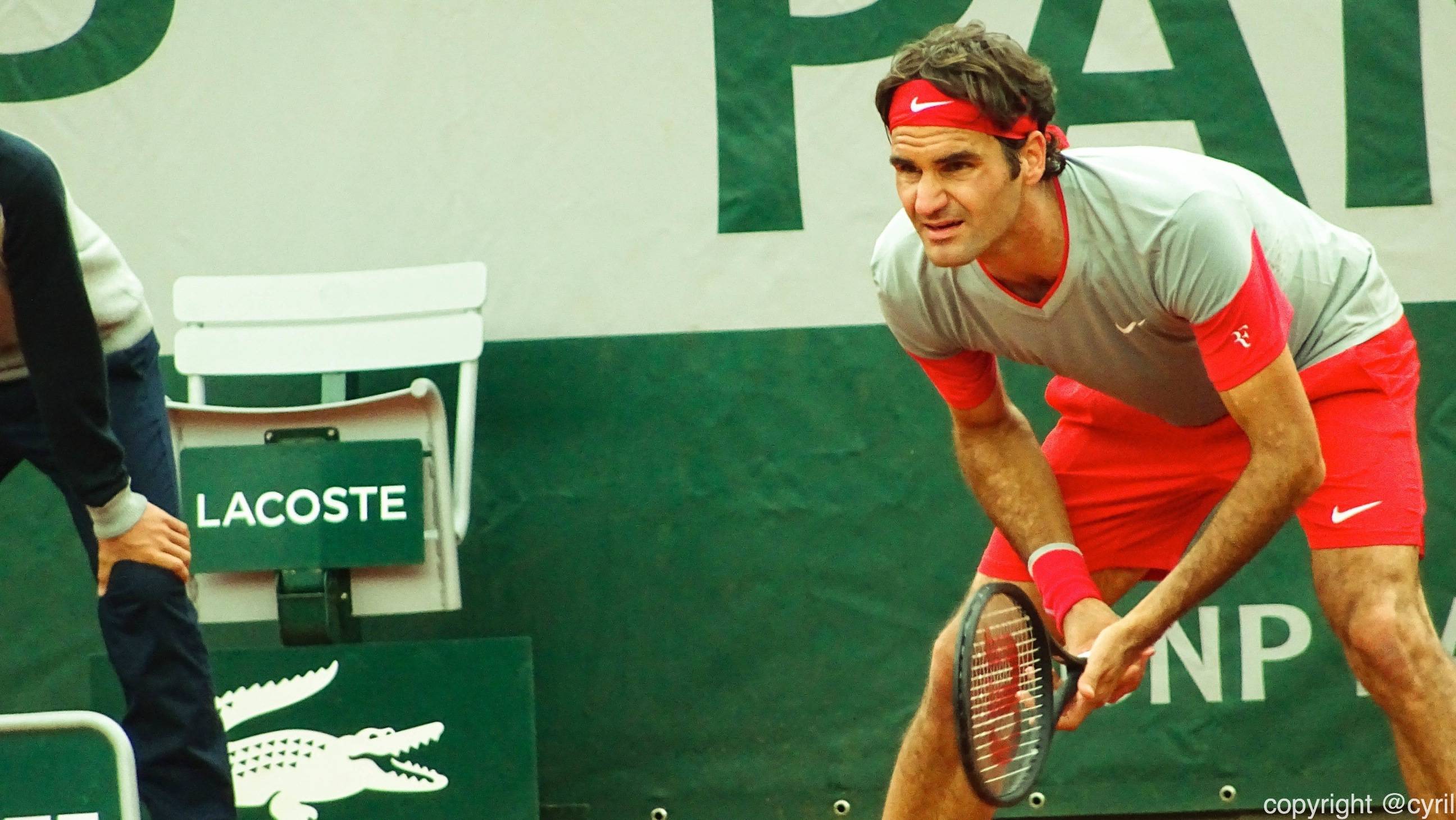Picture championship athletes, and you’ll likely imagine non-stop competitors—living on the road between tournaments or games, napping in ice baths as they try to recover. But, as The Wall Street Journal’s Jason Gay describes in his latest column, that picture is changing. In fact, Roger Federer’s recent victory at Wimbledon is proof that taking time off is a winning strategy.
Federer’s two victories at major championships this year came after extended periods of rest. He didn’t compete during the six months leading up to the Australian Open this January, then skipped the entire clay court season before winning Wimbledon last weekend. “I’ve got to take more time off,” Federer said after his Wimbledon victory. “I’ll be gone again for the next six months if it keeps working out this [fantastically] when I come back.”
Federer’s focus on recovery echoes what scientists have long known: periods of rest are essential for peak performance. And that’s true whether you’re an elite athlete or a corporate athlete. Instead of frantically cramming every day with work, we’re at our best when we alternate periods of focused activity with strategic rest. “It’s obvious to the point of cliche,” Gay writes. “It’s not the quantity of work that matters, it’s the quality.”
Read more about why “We Need to Relax Like Roger Federer” here.


